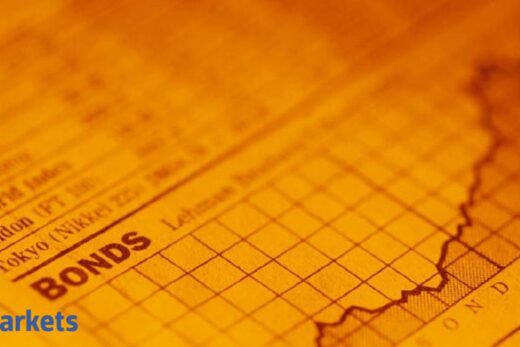The downgrade by Goldman comes after other foreign brokerages including Morgan Stanley, UBS and Nomura recently cut India ratings citing expensive valuation. “…the risk-reward for Indian equities is less favorable at current levels. While we expect strong cyclical and profit recovery next year and remain medium-term constructive amid increasing digitalisation in the index, we think the recovery is well priced at current peak valuations,” said Goldman Sachs.
According to Goldman Sachs, the Indian equity market is trading near peak 12-month forward PE valuations of 23 times, which is at a record 60% premium to the Asia Pacific ex-Japan region.
Even as Goldman Sachs downgraded Indian equities, Sensex gained 767 points, or 1.3%, to close at 60,686.69 and Nifty gained 229.15 points, or 1.3%, to close at 18,102.75 on Friday.
After hitting pandemic lows in March 2020, Indian benchmarks have more than doubled, with the Sensex and Nifty crossing 60,000 points and 18,000-points milestones recently.
Goldman Sachs sees macro headwinds emerging as the US Federal Reserve and the Reserve
tighten financial conditions and crude oil prices stay elevated, which could be risks to the market.
A potential robust pipeline of initial public offerings next year could divert funds from the secondary market, said Goldman Sachs.
“Indian markets could consolidate over the next 3-6 months and underperform the broader region. We prefer banks, commodity, real estate and infrastructure-related sectors and would suggest investors focus on intra-market opportunities,” said Goldman Sachs.
On economic recovery after the, Goldman Sachs said South Asian economies including India may see growth improve going forward as they recover from the adverse impact. “India and Asean markets will likely lead regional earnings growth in the next 2 years as they recover from the suppressive impact of Covid on activity levels,” said Goldman Sachs.



